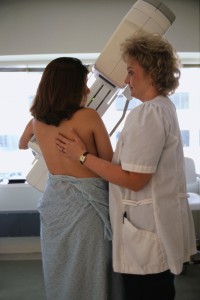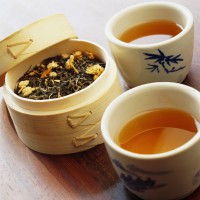
One in eight American women will be diagnosed with breast cancer during her lifetime. Despite its prevalence, the chances of surviving breast cancer have improved dramatically over the past decade. But old myths still abound. Get the facts below:
Not Just for Women
Myth: Only women get breast cancer.
Fact: While breast cancer strikes women far more frequently than men, more than 2,000 men are diagnosed with breast cancer each year. By comparison, more than 200,000 women are diagnosed with breast cancer annually, about one every two minutes.
Myth: Breast cancer only strikes older women.
Fact: While it is true that breast cancer risk increases with age, breast cancer can strike women of any age. The median age for breast cancer diagnosis in the U.S. is 61 for white women and 57 for black women; but with average life expectancies in the mid-80s, cancer survivors can expect to enjoy many years of active life.
Better Survival Rates
Myth: Breast cancer is the No. 1 cause of cancer death among American women.
Fact: Lung cancer claims the lives of more U.S. women annually than breast cancer, but breast cancer is the top cancer killer of women between the ages of 40 and 59. Breast cancer kills more than 40,000 American women each year.
Myth: Few women survive breast cancer.
Fact: Your chances of surviving breast cancer have never been better. Early detection and improvements in breast cancer treatment have pushed breast cancer fatality rates down 34% since 1990. When detected early, the five-year survival rate has soared to 98%. More than 2.9 million breast cancer survivors are living and thriving in America today.
More myth-busters next time




